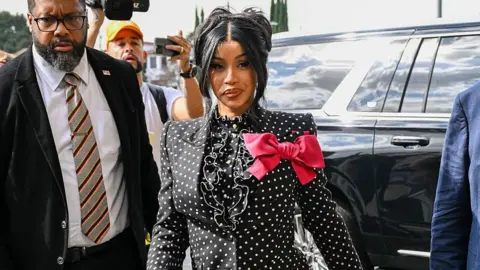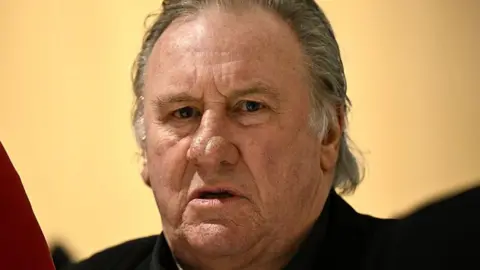In a case that has captivated the nation, a verdict is expected Thursday regarding five former players from Canada’s world junior hockey team accused of sexually assaulting a woman in a hotel room. The incident reportedly took place in London, Ontario, during a Hockey Canada gala in 2018, and the accused have pleaded not guilty, emphasizing the importance of consent at the trial's core.
The complainant, referred to as EM, alleges she was sexually assaulted by the players after consensually engaging with one of them, Michael McLeod, in his hotel room. She claims the encounter escalated into non-consensual acts involving other players, prompting wider concerns about the culture surrounding hockey in Canada.
Justice Maria Carroccia, overseeing the case, will render her judgment following a convoluted legal journey that included both a mistrial and the dismissal of a jury due to alleged misconduct. The focus will rest heavily on consent, a critical aspect that will be explored in the judge’s ruling.
Hockey Canada, once a powerful entity representing the sport in Canada, has faced backlash and scrutiny since the allegations surfaced. The organization previously settled with EM privately in 2022 and established funds to address similar claims. This scandal led to a significant loss of sponsorships, the freezing of federal funding, and a commitment to reform its internal culture.
The detailed testimonies shared during the trial included chats from before and after the incident, setting up a narrative that both sides are portraying differently. EM recounted her feelings of discomfort and a lack of autonomy during the events, while defense lawyers asserted her behavior implied consent, portraying the night as consensual mingling that got out of hand.
As the court hears arguments about the concept of consent and its nuances, the case is also viewed as pivotal in shaping legal standards in Canada. The complexities of EM's testimony against the claims of the defendants represent broader societal challenges in confronting sexual violence and the support provided to victims.
Amidst these developments, NHL Commissioner Gary Bettman has refrained from commenting on the future of the accused players, reinforcing the league's commitment to respecting the judicial process. As the verdict nears, discussions surrounding the implications of this case on hockey culture and victim advocacy are gaining momentum, promising a lasting impact regardless of the outcome.




















